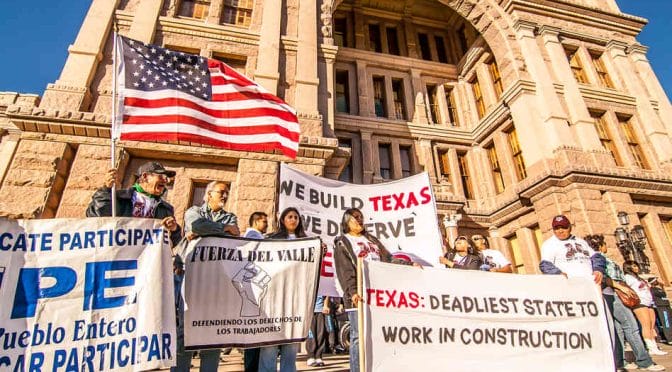Today’s post comes from guest author Jon Rehm, from Rehm, Bennett & Moore.
“Calling a dog’s tail a leg does not make it a leg.” Abraham Lincoln
FedEx drivers recently won two class-action lawsuits in the 9th Circuit Court of Appeals. The court ruled that FedEx wrongfully withheld overtime pay, Social Security, unemployment, Medicare and other benefits to drivers because they were misclassified as independent contractors rather than employees. The decisions were driven by the fact that FedEx exercised control over the appearance of drivers as well as what packages to deliver, on what days, and at what times.
Though the FedEx decision only applies to Oregon and California, it is very possible that a similar decision would have been made under Nebraska law. Under the Nebraska Wage Payment and Collection Act as well as under the Employment Security Law, Neb. Rev. Stat. 48-601 et al., there is a five-part test as to whether a worker is an independent contractor or employee.
- Individual is free from control or direction under contract of hire
- Individual is free from control or direction as a matter of fact
- Service is outside the usual course of business for which service is performed
- Such service is performed outside of all the places of business of the enterprise which such service is performed
- Individual is customarily engaged in an independently established trade, business or profession.
Nebraska law creates a presumption of an employer-employee relationship. Tracy v. Tracy, 581 N.W. 2d 96, 7 Neb. App. 143 (Neb. Court of Appeals, 1998) In short, if you can answer most of those questions “no,” you are very likely an employee rather than an independent contractor. The mere fact that you may have signed a documents stating you are independent contractor does not necessarily mean you are an independent contractor.
In addition to protections under federal law, asking questions about your employment status is also a protected activity under Nebraska law. Being misclassified as an independent contractor could cost you thousands of dollars in wages and benefits. However, you have the ability to fight back if you are being misclassified.





